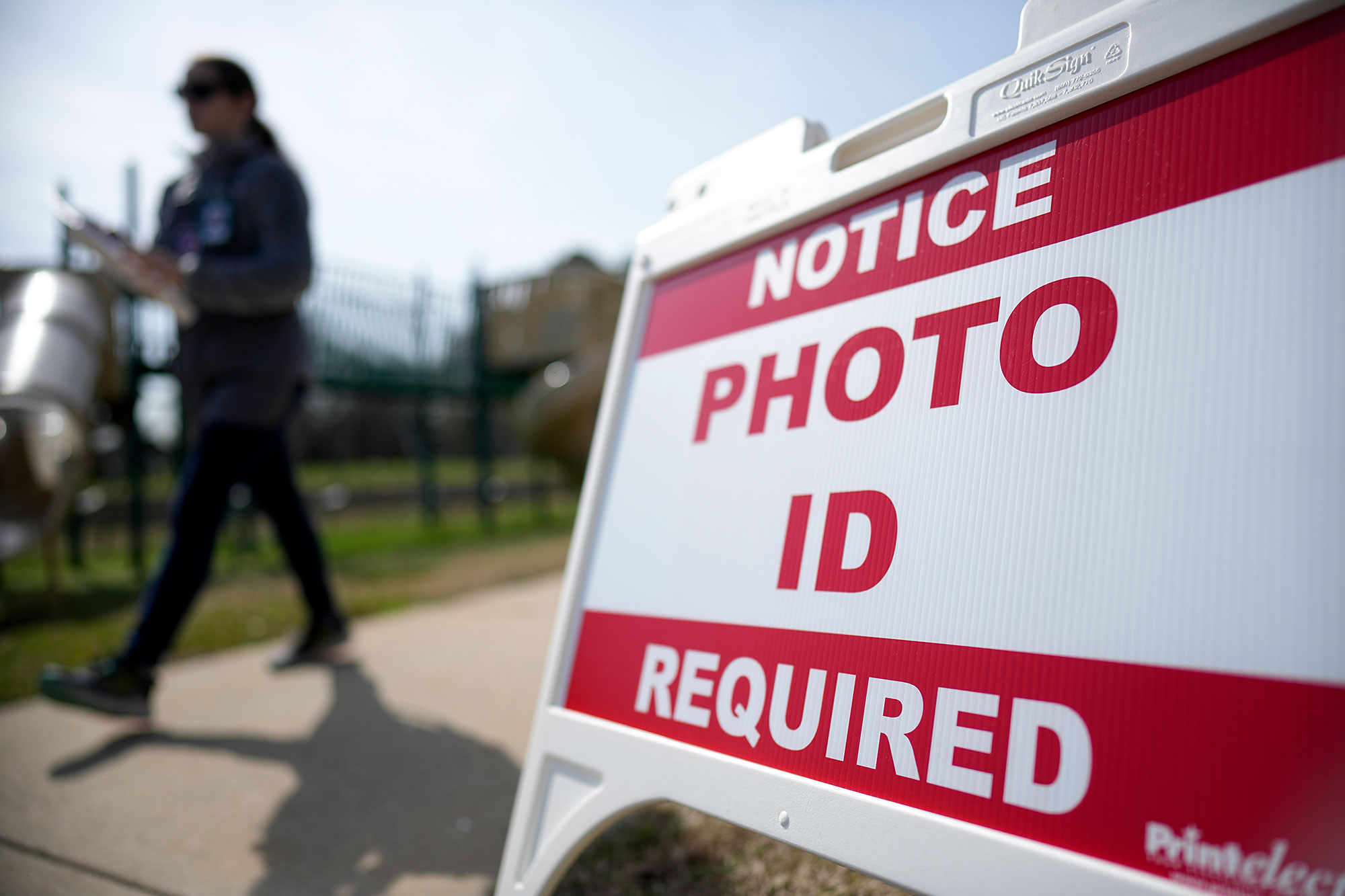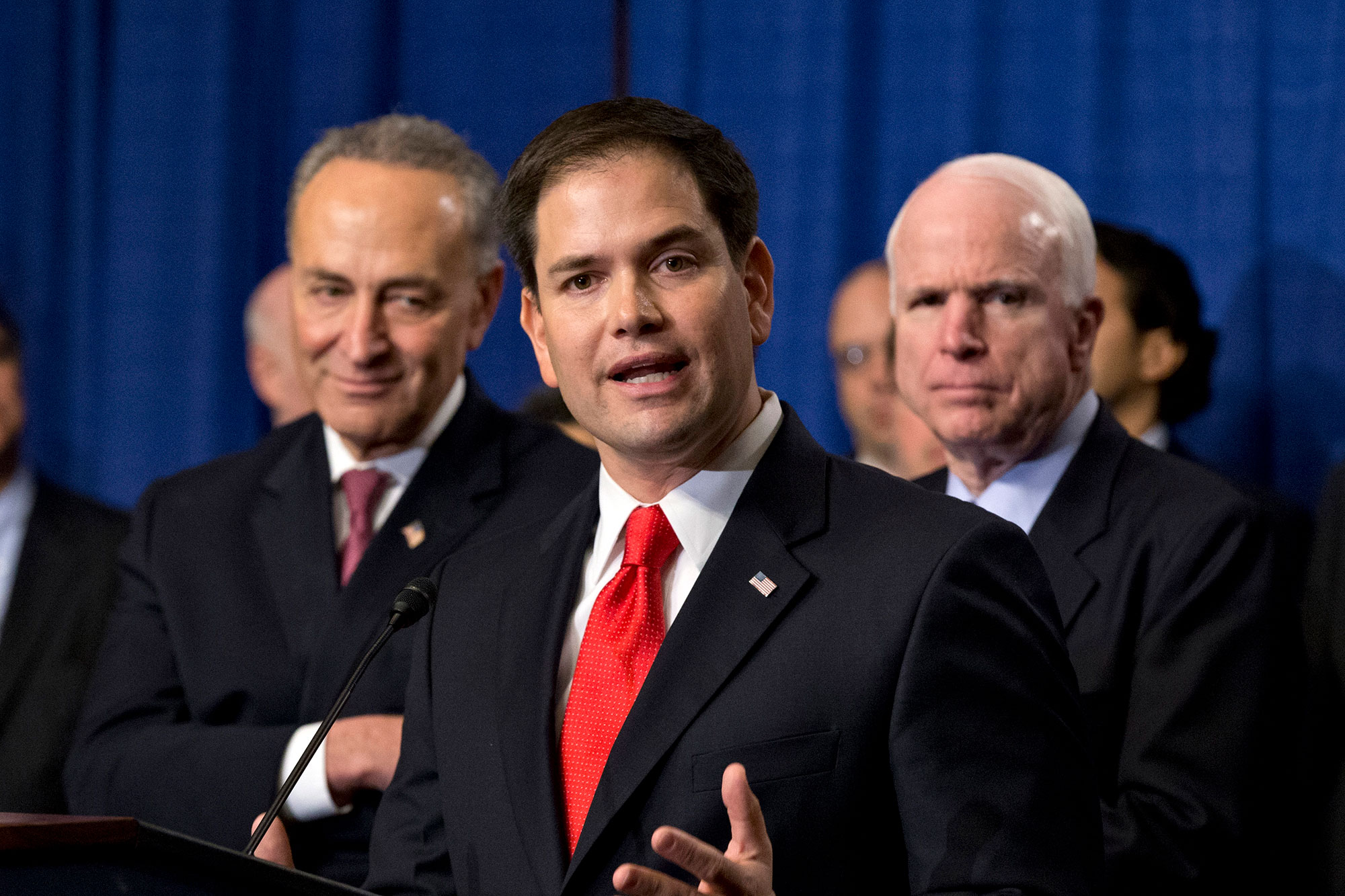The Founding Fathers built a nation on the promise of liberty and self-governance, and over two centuries later America’s 13 states have become 50, our agrarian republic has become a global superpower, and our Constitution faces tests they could never have foreseen—begging the question: how does their vision align with our reality?
In many ways, the challenges we face now are the same ones they warned us of — issues such as demagoguery, factionalism, and the balance of power remain as relevant today as they were in the 18th century. However, much has changed as well and the complexities of modern governance — technological revolutions, a vastly expanded federal government, and an interconnected global landscape — present challenges the Founders could never have anticipated.
Nonetheless, their warnings about the dangers of demagoguery, the risks of factionalism, and the importance of checks and balances remain strikingly relevant. As we navigate an era of political turbulence, their wisdom may offer not just historical insight, but a path toward stability and reason in a time of uncertainty.
The Founding Fathers’ Concerns and Intention
The Founding Fathers were deeply influenced by historical examples of governance, particularly from classical antiquity. They were wary of demagoguery, having observed the downfall of republics such as Ancient Rome, where leaders like Caius Gracchus used populist tactics to consolidate power and ultimately destabilize the political system.
They also recognized the weaknesses of the predecessor to the Constitution, the Articles of Confederation, which failed to provide a robust framework for national governance. The inability of the federal government under the Articles to levy taxes, regulate commerce, or maintain a standing army made the need for a stronger national structure clear. Their second try — the Constitution we have today — was produced after rigorous and often contentious arguments at the Constitutional Convention, many of which are outlined in the Federalist papers.
Key concerns of the Founders included:
- Factions: James Madison, in Federalist No. 10, identified factions as one of the greatest threats to republican government. He defined factions as groups of citizens who, motivated by common interests adverse to the rights of others or the public good, could exert undue influence over governance. Madison argued that a large republic with a diverse population would make it more difficult for any single faction to dominate national politics, therefore mitigating the fear of majoritarianism.
- Demagoguery: The Founders were particularly concerned about leaders who would exploit the emotions of the populace for personal or political gain. In Federalist 63 Madison warns against the “artful misrepresentations of interested men” who encourage the people to indulge “the tyranny of their own passions”. George Washington also focuses on the issue in his his Farewell Address where he advocated for a policy of neutrality abroad and enlightened public opinion, but also advised against demagoguery and division as “the conflicts of popular factions are the chief, if not the only inlets, of usurpation and Tyranny”. The manipulation of public sentiment was a phenomenon the Founders sought to prevent through institutional safeguards. They believed that a system of government founded on deliberation, rather than charisma or mass appeal, would help protect against demagoguery which they had identified as the downfall of many past democracies.
The following mechanisms were put in place to address these concerns:
- Separation of Powers and Checks and Balances: The Constitution’s framers implemented a system of checks and balances to prevent any single branch of government from amassing excessive power. Madison, in Federalist No. 51, argued that the division of governmental authority among the executive, legislative, and judicial branches would ensure stability and prevent majoritarian tyranny.
- Electoral Process: The electoral system was in part designed to prevent the rise of unqualified candidates or mob rule. The Founders believed that a republic composed of diverse interests would limit the ability of any one faction to seize control through emotional appeals. They also limited the pool of eligible voters to property owners. As John Adams said: “Few men, who have no property, have any judgment of their own. They talk and vote as they are directed by some man of property, who has attached their minds to his interest.”
The Modern Challenges We Face
There is no end to the list of changes that the world has experienced from 1776 to 2025. These changes have impacted the way American citizens engage with elections, politicians, and even our country as a whole.
Consider the following developments:
- Technological Revolution: The digital age has created new challenges that the Founders couldn’t have predicted. The rise of the internet and social media has transformed how we engage with politics, spreading information—true and false—at unprecedented speeds. These platforms allow factions to form quickly and amplify their messages, often deepening divisions within the country. James Madison’s warnings about their dangers are more real than ever, as social media has allowed groups to grow faster, and more radicalized and polarized. The Founders, whose era saw public discourse rely heavily on pamphlets, written essays, and town hall meetings, would likely be alarmed by how technology has exacerbated these problems.
- The Expanding Federal Government: The Founding Fathers could not have imagined the vast, complex federal government we have today. The early republic was small and focused primarily on defense, foreign relations, and protecting individual liberties. In contrast, today’s government is responsible for many more people and much more land, and therefore manages a broad range of functions—from healthcare and social services to regulating the economy and overseeing global trade. The challenge of balancing power between the states and the federal government remains just as critical as it was in the early years of the republic.
- Global Interconnectedness The Founders lived in a world of isolated nations. Their focus on avoiding entanglements in foreign affairs and the protection of American sovereignty was a much easier policy to adhere to. Today, globalization alongside technology has created a new reality—one where international trade, alliances, and conflicts can no longer be ignored. The complexities of foreign diplomacy, global security concerns, and economic interdependence present a different set of challenges that the Founders could not have anticipated.
How Modern Governance Can Reflect The Founders’ Intentions
Despite the many changes, the Founders’ original vision is still relevant. Here are ways the modern government can reflect that spirit:
- Strengthening Institutions of Deliberation: In today’s polarized environment, the Founders’ thinking behind deliberative democracy is more important than ever. The system of checks and balances and the notion of reasoned debate in government must be revitalized. Fostering a culture that values thoughtful decision-making over emotional appeal can help mitigate the rise of demagogues.
- Promoting Civic Engagement and Education: The Founders believed in an informed electorate. In today’s world, this can be achieved by prioritizing civic education that teaches citizens not just about their rights, but also their responsibilities as citizens.
- Balancing Technological Innovation and Democratic Values: The Founders never envisioned the advent of modern technology, but their commitment to protecting the public from corruption and influence remains relevant. Today, creating regulations that limit the misuse of technology and ensuring that the digital sphere serves democratic values would likely align with their principles, although that does raise concerns about freedom of speech.
- Adapting the Constitution for the 21st Century: The Constitution was designed to be a living document, adaptable to the changing needs of the nation. While the process to changes the Constitution is difficult it reflects the Founders preference for slow, sure, and deliberate change. The Founders could not foresee every modern dilemma, but their core beliefs can still guide us today. It’s important to consider how amendments and judicial interpretation can address modern issues while remaining true to the original spirit of the Constitution.
Conclusion
As we face the challenges of the 21st century, of 2025, the Founding Fathers’ vision of liberty, checks and balances, and the importance of self-governance remain as relevant as ever. The issues of factionalism, demagoguery, and the balance of power that concerned them still plague us today. However, their principles offer a timeless guide for navigating these modern challenges. By strengthening our institutions, educating our citizens, and adapting our government to new realities, we can continue to build a nation that reflects the ideals of the Founding Fathers while meeting the needs of the future.
What are you waiting for? Join our movement today to be part of history: Support us with a donation, get involved with volunteer efforts, or sign up for emails as we solve problems for everyday Americans.




